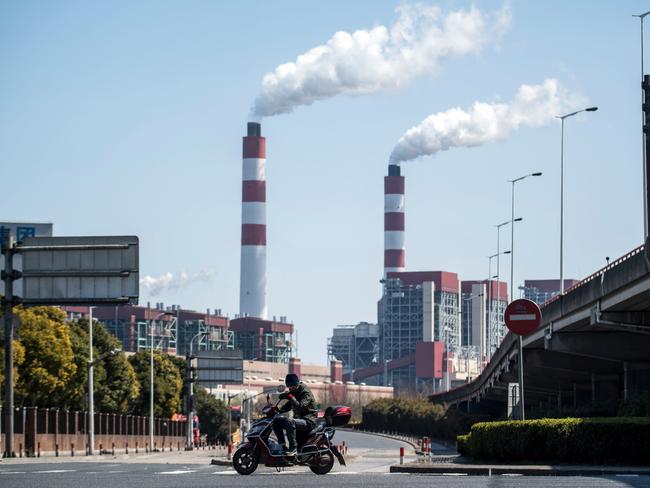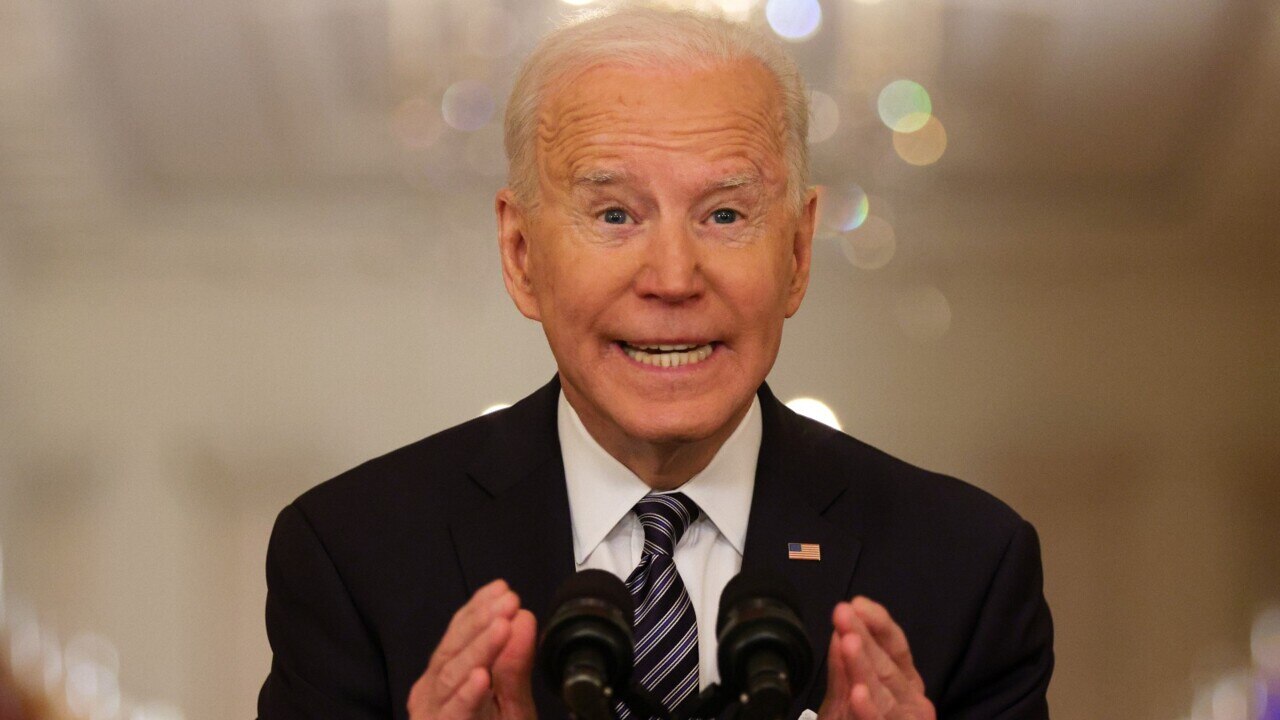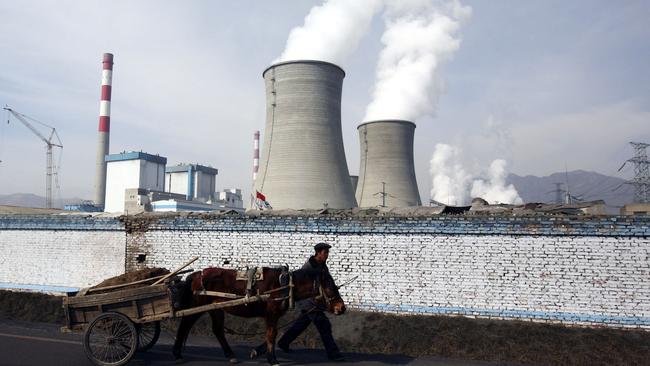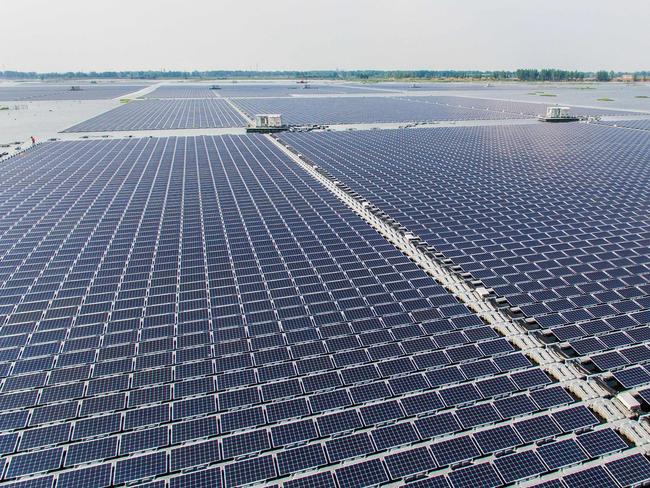Opportunity for Canberra if giants tackle climate

Biden’s bold plans to cut emissions, as well as China’s own vulnerability to the impacts of climate change, mean Beijing has more to gain than lose from this co-operation. Beijing’s desire to be seen as a climate leader on the world stage means it cannot be seen to rebuff US overtures.
Just as climate change provides the best available channel to help stabilise US-China relations, it also can be helpful for supporting Canberra’s detente with Beijing.
However, this will require two resets by Australia. First, Australia must lift our national ambition in tackling climate change so we engage with China as a leader and no longer a laggard. This means honouring the letter and spirit of the Paris Agreement and increasing our 2030 target to reduce emissions. When Biden announces his own 2030 target next month, it is expected to be twice as deep as Australia’s current pledge.

In the eyes of Biden’s team, the new US target will set a fresh benchmark for our own, even if publicly they won’t let disagreements on climate change get in the way of their efforts to work with allies such as Australia in standing up to China. To avoid the possibility of carbon tariffs from both Brussels and Washington, Canberra eventually will have to follow Biden and the rest of the G7 in adopting a goal to reach net-zero emissions by 2050.
Second, as I argue in a recent China Matters Explores brief, it will require the Australian government to change its narrative on China’s supposed inaction. For too long, many in Australia have questioned the need for Australia to increase ambition in the absence of additional action by China. Yes, China consumes more coal than the rest of the world combined. But China also has three times more installed renewable energy capacity than the rest of the world.
Likewise, Xi Jinping’s carbon neutrality vision must be matched with greater short-term action beyond what was outlined in the recent Five Year Plan. But China’s propensity for effective long-term planning should give us confidence Xi’s vision will be achieved. In the meantime, perpetuating this false narrative of inaction only closes the door to the economic and political opportunities for Australia, which flow from it.

The economic transformation required by China to achieve Xi’s pledge and the implications for Australia should not be underestimated. Xi’s pledge will require China to phase out all coal power by 2040 and to peak its emissions by 2025 — five years earlier than planned. Coal is Australia’s second largest export and China our second largest market for this commodity. Australia therefore ignores Xi’s pledge at our peril.
Instead, Australia must use this as an opportunity to explore new clean energy export opportunities to support China’s decarbonisation. This includes green hydrogen and supplying biological raw materials for industrial processes.
The recent appointment of climate veteran Xie Zhenhua as Beijing’s counterpart to US special presidential envoy for climate John Kerry provides a new political opening for Australia. Xie is no stranger to our shores. In 2008 he visited Canberra for the now dormant Australia-China Ministerial on Dialogue on Climate Change. He is well known to both sides of politics. He is also pragmatic about what China needs to do to address climate change. Before taking up his new position, he was the key protagonist behind Xi’s pledge and was pushing internally within the Chinese system for it to cover all greenhouse gas emissions and not just carbon dioxide.

Once Canberra and Beijing are talking again, Australia should use our relationship with Xie to offer to share lessons with China on land-based carbon management and to co-operate on win-win opportunities such as low-carbon steel manufacturing. In the meantime, we should engage with the G20’s sustainable finance group co-led by China. We also should consider widening the US-Australia initiative on low-emissions technologies Scott Morrison floated in his first call with Biden to include emitters such as China.
As it will be for the US, climate change also can be an area of healthy geopolitical competition with China. For example, by providing an alternative and clean source of energy finance in Southeast Asia we can help curb the reach of the Belt and Road Initiative and undercut Beijing’s support for coal-fired power plant construction across the region. And in the Pacific we can co-operate on building climate resilience while cementing our role as the region’s honest broker.
China’s response to climate change is a study in contrasts. We should be sceptical but we should not be colour blind if we are to seize the economic and political opportunities that come with it.
Former climate diplomat Thom Woodroofe works for the Asia Society and wrote the recent China Matters Explores policy brief What Should Australia do about PRC and US Climate Ambitions?



The US and China did not agree on much in Anchorage. But they did agree that co-operating on climate change was in both their interests even if next steps remained unclear. Depending on progress in the next few weeks, it is possible Joe Biden and Xi Jinping will use a climate summit next month to pick up where their officials left off.